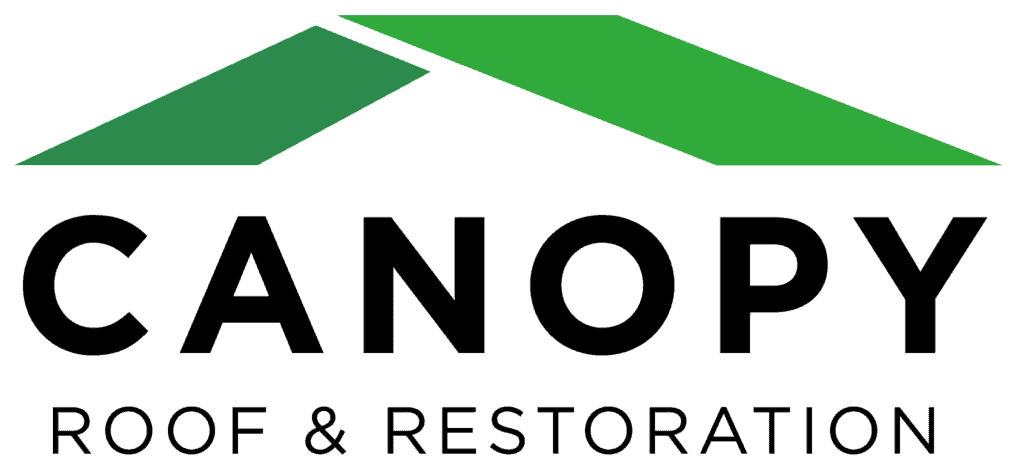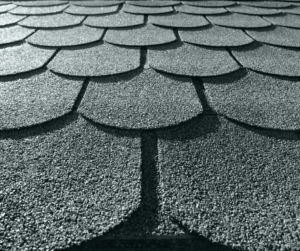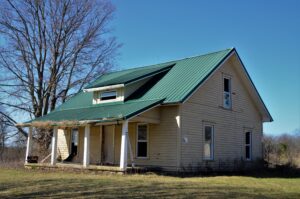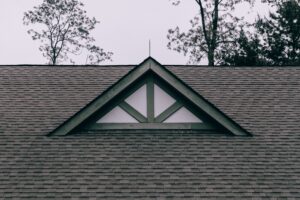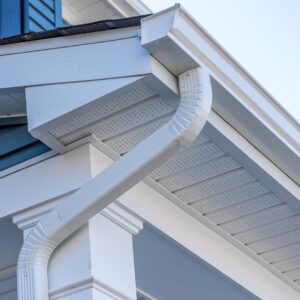Roof replacement is an expensive investment for your home. As a result, many homeowners choose to finance it. Lenders consider home improvements and renovations to be worthwhile credit uses. As a result, homeowners who want to finance a roofing replacement have several options.
Here’s a rundown of some of your options to cover the cost of a roof installation.
Insurance policy for homeowners: submitting a roof claim
Do you need to replace a roof that has been damaged by a storm or another incident? The first step should be to obtain homeowners insurance.
Roof replacement is supposed to be covered by homeowners insurance if the roof was damaged by a covered event, such as a natural disaster, weather event, or other accident.
Having said that, insurance companies frequently deny coverage. Insurance companies may refuse to cover a roof that has not been properly maintained or that has been repaired by someone other than a licensed and qualified roofing professional. In addition, there are times when an insurer will wrongfully deny coverage.
Is your homeowners’ insurance refusing to pay for a necessary roof replacement? Seek advice from an experienced roofing company. Canopy has decades of experience working with insurance companies. We can confirm whether or not the insurance company was correct and offer some advice on how to deal with them.
Roofing guarantee from roofing contractor
The majority of roofing products come with a warranty. If your roof fails during its lifetime, the manufacturer’s warranty should cover the cost of replacement. Most roofing contractors in Charlotte, NC offer a workmanship warranty that covers any issues with your roof replacement that are a direct result of the roofing contractor’s work.
However, most warranties require that the roof be installed, maintained, and serviced by a qualified professional.
Professional roofing labor may also be backed by a warranty. Check to see if the roofing installer provided a warranty on their services if the roof needs to be replaced due to poor workmanship.
Refinancing with Additional Mortgage or Cash-Out
Mortgage cash-out refinancing allows you to borrow money. A mortgage cash-out refinance allows you to replace your current mortgage with a larger one and then receive the difference in cash.
This is not a mortgage refinance in which the terms and agreements of an existing mortgage are changed. It pays off your existing mortgage and then replaces it with a new one with its own terms and rates.
This method of financing should be used only if you can obtain a new mortgage agreement that is as good as or better than your current one.
Mortgage add-on to cover roof costs
In exchange for cash funding, some banks will allow you to add the cost of a roof replacement to your existing mortgage.
Because your existing mortgage is retained, this is a much simpler mortgage financing method. There will be no need for you to negotiate new terms or have your mortgage term length reset.
To discuss this, contact your mortgage lender.
Using a home equity loan or credit line for roof installation
A home equity loan or line of credit is another option for borrowing against the equity in your home.
A home equity loan gives you one lump sum, whereas a home equity line of credit, or HELOC, gives you revolving access to a specific amount.
You can typically borrow up to 85% of your equity with either option. The main distinctions are in the interest rates and total loan costs.
A home equity loan provides fixed-rate financing. It is a predictable and stable method of borrowing money. The variable interest rate on a revolving HELOC makes the loan costs less predictable.
FHA (Federal Housing Administration) Loan
FHA loans are available for first-time and low-income homeowners looking to renovate their homes.
Because the FHA has no minimum credit or income requirements, these loans can be obtained by those who do not meet the requirements of a traditional lender. And these loans are excellent options for homeowners who do not have enough equity to qualify for a secured home equity loan or HELOC.
There are a few restrictions.
The house had to be built and occupied for more than 90 days.
Your debt-to-income ratio must be less than 45%.
The proceeds must be used for specific approved purposes, such as roof replacement.
The Federal Housing Administration provides two types of loans: Title 1 loans and 203(k) loans.
Title 1 FHA Loan for material and construction costs
A Title 1 Property Improvement Loan can be used to pay for home improvements, repairs, and alterations.
Title 1 loans are available from the FHA, both unsecured and secured. Unsecured loans of up to $7,500 are available to homeowners. Or a secured loan of up to $25,000 for a single-family home.
The loan terms are set at 6 months minimum and 20 years and 32 days maximum.
203(k) Loan from the FHA
A 203(k) Rehabilitation Mortgage can be used to pay for single-family home repairs, improvements, or upgrades. A 203(k) mortgage requires homeowners to borrow at least $5,000 and up to $35,000.
FHA 203(k) loans are a little more flexible than Title 1 loans because the proceeds can be used to repair an existing home or to purchase and repair a new home.
However, the value of your home must fall within certain mortgage limits.
Personal line of credit or personal loan
Don’t want to expose your assets? A personal loan or line of credit from a bank, credit union, or alternative lender can be used to finance a roof replacement.
Many banks offer specialized home improvement loans. Roofing loans are also available from a number of alternative lenders.
Personal loans are appealing because they are simple to apply for, do not require collateral, and provide quick approvals and pay-outs.
The disadvantages of these products include higher interest rates and no tax breaks.
Credit card signup offer
Do you feel comfortable incurring new credit card debt? Look for new credit card offers with 0% interest and great rewards.
This can be worthwhile if you pay it off within the zero-interest period. If you do not, this method of roof financing will cost you far more than a personal loan or secured financing.
Financing directly from the local roofing contractor
Some roofing contractors in Charlotte, NC provide financing. These financing options are ideal for homeowners who do not want to tamper with their mortgage, obtain government lending products, accumulate credit card debt, or obtain personal loans from a bank or generic lender for their roof repairs or roof installation.
Roof contractor financing is available from well-known companies such as Canopy Roof and Restoration here in Charlotte, NC. We assist homeowners in financing the cost of new roofs and roof repairs.
To learn more, please contact us. If that’s not your thing, we also provide friendly consultations on how to navigate the insurance and financial landscape.
Let’s discuss the options available for financing your roof replacement
A roof replacement can be paid for in a variety of ways. The best one for you is determined by your personal creditworthiness and level of comfort with various lending products.
It’s a good idea to start by contacting a professional roofer. You can learn how much the roofing replacement will cost and whether it is covered by insurance or a warranty.

